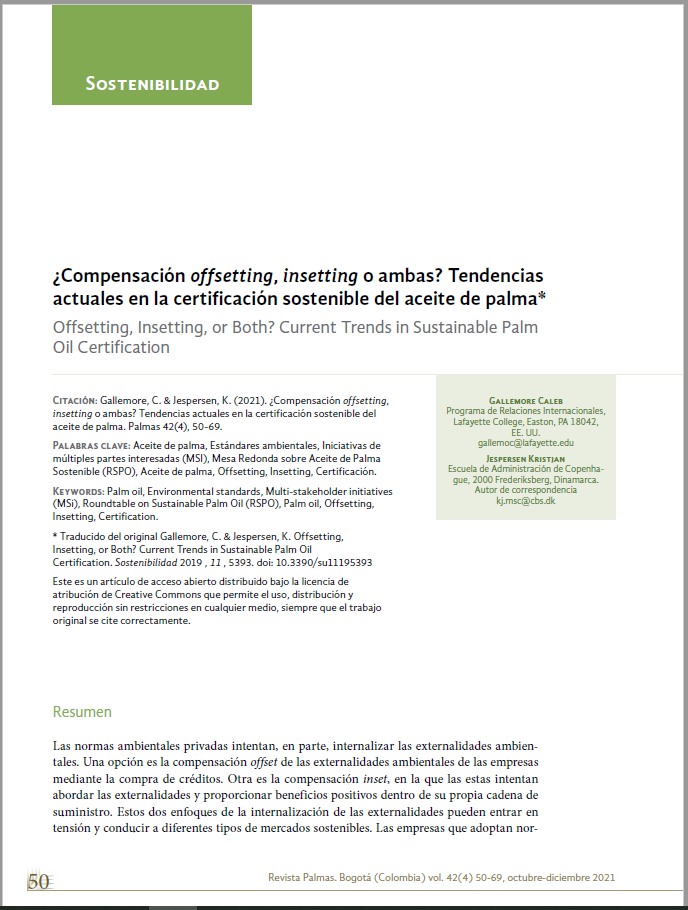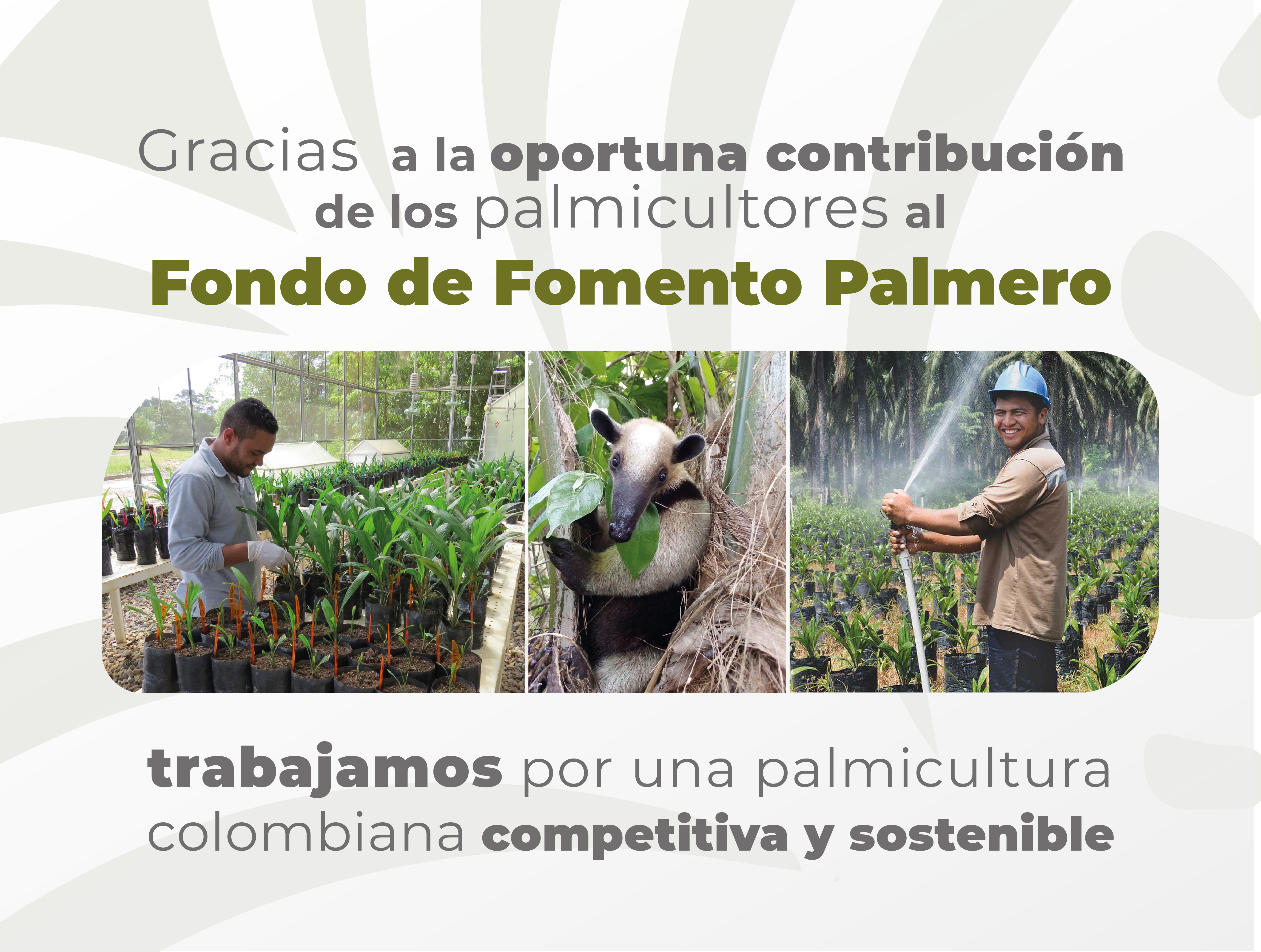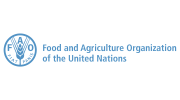¿Compensación offsetting, insetting o ambas? Tendencias actuales en la certificación sostenible del aceite de palma
Palabras clave:
Aceite de palma, Estándares ambientales, Iniciativas de múltiples partes interesadas (MSI), Mesa Redonda sobre Aceite de Palma Sostenible (RSPO), Offsetting, Insetting, CertificaciónResumen
Las normas ambientales privadas intentan, en parte, internalizar las externalidades ambientales. Una opción es la compensación offset de las externalidades ambientales de las empresas mediante la compra de créditos. Otra es la compensación inset, en la que las estas intentan abordar las externalidades y proporcionar beneficios positivos dentro de su propia cadena de suministro. Estos dos enfoques de la internalización de las externalidades pueden entrar en tensión y conducir a diferentes tipos de mercados sostenibles. Las empresas que adoptan normas privadas como forma de evitar los riesgos de reputación son más propensas a apoyar las estrategias de compensación inset que las offset si su objetivo principal es distinguirse del resto de su sector, pero estas estrategias también tienen el riesgo de separar el mercado en nichos de productores de alta calidad junto a una mayoría de baja calidad. Estas tensiones se manifiestan en la Mesa Redonda sobre el Aceite de Palma Sostenible (RSPO por sus siglas en inglés), donde el offsetting y el insetting coexisten. Las presiones estratégicas que promueven el insetting llevan a las organizaciones a salir del sistema del mercado de compensación, pero esto tiene el costo de perder parte de la flexibilidad y reduce las barreras de entrada que ofrece el enfoque offset. Las nuevas tecnologías podrían permitir a las normas combinar las ventajas de ambos enfoques, manteniendo los beneficios de reputación del insetting y la flexibilidad del offsetting.
Referencias bibliográficas
Dauvergne, P. Is the power of brand-focused activism rising? The case of tropical deforestation. J. Environ. Dev. 2017, 26, 135-155. [CrossRef]
Von Geibler, J. Market-based governance for sustainability in value chains: Conditions for successful standard setting in the palm oil sector. J. Clean. Prod. 2009, 56, 39-53. [CrossRef]
Ware, B. Nestle.com. Recuperado de https://www.nestle.com/asset-library/Documents/Library/Documents/Suppliers/nestle-response-rspo-suspension-28-june-2018.pdf (consultado el 31de julio de 2019).
Nestlé. RSPO Reinstates Nestlé’s Membership. Nestlé.com. Recuperado de https://www.nestle.com/media/pressreleases/allpressreleases/rspo-reinstates-nestle-membership (consultado
el 20 de septiembre de 2019).
Pirard, R. Market-based instruments for biodiversity and ecosystem services: A lexicon. Environ. Sci. Policy 2012, 19, 59-68. [CrossRef]
Mohd Noor, F.; Gassner, A.; Terheggen, A.; Dobie, P. Beyond sustainability criteria and principles in palm oil production: Addressing consumer concerns through insetting. Ecol. Soc. 2017, 22, 5. [CrossRef]
Tipper, R.; Coad, N.; Burnett, J. Is “Insetting” the New Offsetting? Recuperado de https://ecometrica.com/assets/insetting_offsetting_technical.pdf (consultado el 20 de junio de 2018).
Coase, R. H. The problem of social cost. En Classic Papers in Natural Resource Economics; Palgrave Macmillan: London, UK, 1960; pp. 87-137.
Rueda, X.; Garrett, R. D.; Lambin, E. F. Corporate investments in supply chain sustainability: Selecting instruments in the agri-food industry. J. Clean. Prod. 2017, 142, 2.480-2.492. [CrossRef]
Roundtable on Sustainable Palm Oil [RSPO]. ACOP. Recuperado de https://www.rspo.org/members/acop (consultado el 25 de julio de 2019).
Ibanez, L.; Grolleau, G. Can ecolabeling schemes preserve the environment? Environ. Resour. Econ. 2008, 40, 233-249. [CrossRef]
Akerlof, G. A. The market for “lemons”: Quality uncertainty and the market mechanism. En Uncertainty in Economics; Academic Press: Cambridge, MA, USA, 1978; pp. 235-251.
Amnesty International. The great palm oil scandal: Labour abuses behind big brand names; Amnesty International: New York, NY, USA, 2016.
Rainforest Action Network. Leuser watch: PT. Agra Bumi Niaga: Destroying elephant habitat while breaching the indonesian government moratorium on forest clearance for palm oil; Rainforest Action Network: San Francisco, CA, UAS, 2017; Recuperado de https://d3n8a8pro7vhmx.cloudfront.net/rainforestactionnetwork/pages/17392/attachments/original/1486495650/RAN_Leuser_Watch_PT_Agra_Bumi_Niaga_20170207.pdf?1486495650 (consultado el 8 de agosto de 2019).
Orangutan Foundation International. Problems with palm oil. Orangutan Foundation International Website. Recuperado de https://orangutan.org/palmoil/ (consultado el 20 de septiembre de 2019).
Fair, J. Christmas ad Conundrum: Is a palm oil boycott the way to save apes? Mongabay. 18 December 2018. Recuperado de https://news.mongabay.com/2018/12/christmasad-conundrum-is-a-palm-oil-boycott-theway-to-save-apes/ (consultado el 20 de septiembre de 2019).
Bartley, T. Standards for sweatshops: The power and limits of the club approach to voluntary labor standards. En Voluntary programs: A club theory perspective; MIT Press: Cambridge, MA, USA, 2009; pp. 107-131.
Mol, A.; Oosterveer, P. Certification of markets, markets of certificates: Tracing sustainability in global agro-food value chains. Sustainability 2015, 7, 12258-12278. [CrossRef]
Montiel, I.; Husted, B. W.; Christmann, P. Using private management standard certification to reduce information asymmetries in corrupt environments. Strateg. Manag. J. 2012, 33, 1103-1113. [CrossRef]
Prakash, A.; Potoski, M. Racing to the bottom? Trade, environmental governance, and ISO 14001. Am. J. Political Sci. 2006, 50, 350-364. [CrossRef]
Prakash, A.; Potoski, M. Collective action through voluntary environmental programs: A club theory perspective. Policy Stud. J. 2007, 35, 773-792. [CrossRef]
Cerri, J.; Testa, F.; Rizzi, F. The more I care, the less I will listen to you: How information, environmental concern and ethical production influence consumers’ attitudes and the purchasing of sustainable products. J. Clean. Prod. 2018, 175, 343-353. [CrossRef]
Dendler, L. Sustainability meta labelling: An effective measure to facilitate more sustainable consumption and production? J. Clean. Prod. 2014, 63, 74-83. [CrossRef]
Greenpeace International. Certifying Destruction: Why consumer companies need to go beyond the RSPO to stop forest destruction; Greenpeace International: Amsterdam, The Netherlands, 2013.
Gallemore, C.; Guisinger, A.; Kruuse, M.; Ruysschaert, D.; Jespersen, K. Escaping the “teenage” years: The politics of rigor and the evolution of private environmental standards. Ecol. Econ. 2018, 152, 76-87. [CrossRef]
Mol, A. P. J. Transparency and value chain sustainability. J. Clean. Prod. 2015, 107, 154-161. [CrossRef]
Cashore, B.; Auld, G.; Bernstein, S.; McDermott, C. Can non-state governance ‘ratchet up’global environmental standards? lessons from the forest sector. Rev. Eur. Community Int. Environ. Law 2007, 16, 158-172. [CrossRef]
World Resources Institute. Global Forest Watch; World Resources Institute: Washington, D. C., USA, 2018; Recuperado de www.globalforestwatch.org/about (consultado el 25 de junio de 2018).
TRASE. TRASE. 2018. Recuperado de https://trase.earth/about.html#contact-us (consultado el 24 de septiembre de 2019).
Zoological Society of London. About SPOTT; Zoological Society of London: London, UK, 2018; Recuperado de www.spott.org/about/ (consultado el 20 de junio de 2018).
Supply Change. Commitments that count; Supply Change: Washington, D. C., USA, 2018; Recuperado de www.supply-change.org/pages/about (consultado el 15 de junio 2018).
Bartley, T.; Koos, S.; Samel, H.; Setrini, G.; Summers, N. Looking behind the label: Global industries and the conscientious consumer; Indiana University Press: Bloomington, IN, USA, 2015.
Dauvergne, P.; Lister, J. Eco-business: A big-brand takeover of sustainability; MIT Press: Cambridge, MA, USA, 2013.
Heng, N. Satellite mapping ushers New Era of transparency for palm oil players; Asia News Network: Bangkok, Thailand, 2015.
Bartley, T.; Child, C. Shaming the corporation: The social production of targets and the antisweatshop movement. Am. Sociol. Rev. 2014, 79, 653-679. [CrossRef]
Wright, C. F. Leveraging reputational risk: Sustainable sourcing campaigns for improving labour standards in production networks. J. Bus. Ethics 2016, 137, 195-210. [CrossRef]
Benton, R. A.; You, J. Endogenous dynamics in contentious fields: Evidence from the shareholder activism network, 2006-2013. Socius 2017, 3. [CrossRef]
McDonnell, M. H.; King, B. G.; Soule, S. A. A dynamic process model of private politics: Activist targeting and corporate receptivity to social challenges. Am. Sociol. Rev. 2015, 80, 654-678. [CrossRef]
Boons, F.; Mendoza, A. Constructing sustainable palm oil: How actors define sustainability. J. Clean. Prod. 2010, 18, 1686-1695. [CrossRef]
Auld, G. Constructing private governance: The rise and evolution of forest, coffee, and fisheries certification; Yale University Press: New Haven, CT, USA, 2014.
Mueller, M.; Gomes Dos Santos, V.; Seuring, S. The contribution of environmental and social standards towards ensuring legitimacy in supply chain governance. J. Bus. Ethics 2009, 89, 509-523. [CrossRef]
Vermeulen, W. J. V.; Seuring, S. Sustainability through the market-the impacts of sustainable supply chain management: Introduction. Sustain. Dev. 2009, 17, 269-273. [CrossRef]
Greenpalm.org. GreenPalm: Supporting certified sustainable palm oil. Recuperado de https://www.greenpalm.org/ (consultado el 3 de julio 3 de 2019).
Roundtable on Sustainable Palm Oil (RSPO). RSPO supply chains. Recuperado de www. rspo.org/certification/supplychains (Consultado el 26 de julio de 2019).
Offermans, A.; Glasbergen, P. Boundary work in sustainability partnerships: Anexploration of the Round Table on Sustainable Palm Oil. Environ. Sci. Policy 2015, 50, 34-45. [CrossRef]
Forest Stewardship Council [FSC]. Chain of custody certification. FSC-STD-40-004 V3-0. Recuperado de https://ic.fsc.org/en/document-center/id/80 (consultado el 15 de junio 2018).
Hamrick, K.; Melissa, G. Unlocking Potential: State of the Voluntary Carbon Markets; Forest Trends’ Ecosystem Marketplace: Washington, D. C., USA, 2017; Recuperado de https://www.forest-trends.org/publications/ unlocking-potential/ (consultado el 6 de junio 2018).
Gassler, B.; Spiller, A. Is it all in the MIX? Consumer preferences for segregated and mass balance certified sustainable palm oil. J. Clean. Prod. 2018, 195, 21-31. [CrossRef]
Oosterveer, P. Promoting sustainable palm oil: Viewed from a global network and flows perspective. J. Clean. Prod. 2015, 107, 146-153. [CrossRef]
Larsen, R. K.; Osbeck, M.; Dawkins, E.; Tuhkanen, H.; Nguyen, H.; Nugroho, A.; Gardner, T. A.; Wolvekamp, P. Hybrid governance in agricultural commodity chains: Insights from implementation of ‘No Deforestation, No Peat, No Exploitation’ (NDPE) policies in the oil palm industry. J. Clean. Prod. 2018, 183, 544-554. [CrossRef]
Roundtable on Sustainable Palm Oil (RSPO). RSPO Next-clarifications on the eligibility and application framework RSPO NEXT. Recuperado de https://rspo.org/certification/rspo-next# (consultado el 3 de julio 2019).
World Wildlife Foundation (WWF) Deutschland. Palm oil report Germany: Searching for alternatives. Recuperado de https://www.wwf.de/fileadmin/fm-wwf/Publikationen-PDF/WWF_Report_Palm_Oil_-_Searching_for_Alternatives.pdf (consultado el 3 de julio de 2019).
Meijaard, E. J.; García-Ulloa, D.; Sheil, S. A.; Wich Carlson, K. M.; Juffe-Bignoli, D.; Brooks, T. M. Oil Palm and Biodiversity: A Situation Analysis by the IUCN Oil Palm Task Force; International Union for the Conservation of Nature: Gland, Switzerland, 2018.
Donofrio, S.; Rothrock, P.; Leonard, J. Zooming in: Companies, Commodities, & Traceability Commitments that Count; Forest Trends: Washington, D. C., USA, 2018; Recuperado de https://www.forest-trends.org/publications/zooming-in/ (consultado el 3 de julio de 2019).
Verles, M.; Leugers, S.; Hewlett, O.; Olsen, K.; Bürer, M. Gold Standard Policy Brief: A new paradigm for voluntary climate action: “reduce within, finance beyond”. Recuperado de https://www.goldstandard.org/sites/default/files/documents/a_new_paradigm_for_voluntary_climate_action.pdf (consultado el 3 de julio de 2019).
International Carbon Reduction and Offset Alliance. Guidance report: Pathways to increased voluntary action by non-state actors. Recuperado de https://www.ieta.org/resources/International_WG/Article6/Portal/ICROA_Pathways%20to%20increased%20voluntary%20action.pdf (consultado el 3 de julio de 2019).
Umunay, P.; Lujan, B.; Meyer, C.; Cobián, J. Trifecta of success for reducing commodity-driven deforestation: Assessing the intersection of REDD+ programs, jurisdictional approaches, and private sector commitments. Forests 2018, 9, 609. [CrossRef]
Buchanan, J.; Durbin, J.; McLaughlin, D.; McLaughlin, L.; Thomason, K.; Thomas, M. Exploring the Reality of the jurisdictional approach as a tool to achieve sustainability commitments in palm oil and soy supply chains; Conservation International: Washington, D. C., USA, 2019.
Cómo citar
Descargas

Publicado
Número
Sección
Licencia

Esta obra está bajo una licencia internacional Creative Commons Atribución-NoComercial-SinDerivadas 4.0.














